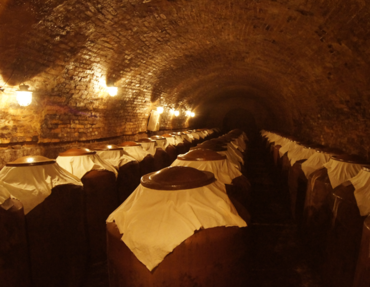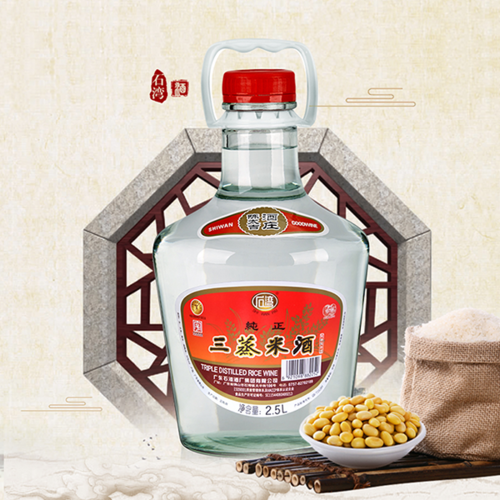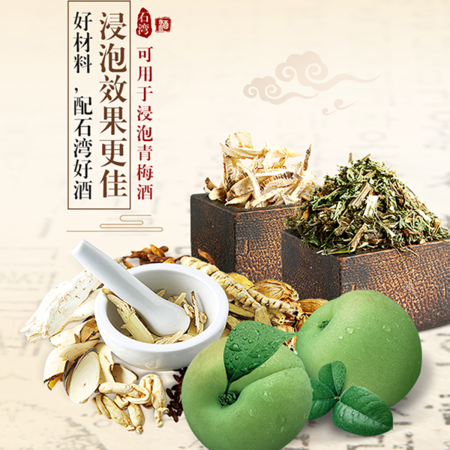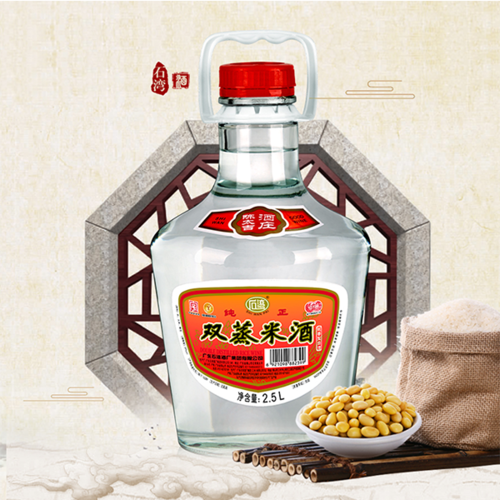How are Herbal Spirits Different from Other Alcoholic Beverages?
Herbal spirits, a unique category of alcoholic beverages, have been gaining popularity for their distinct flavors and potential health benefits. Unlike traditional spirits, herbal spirits are infused with a variety of botanicals, offering a complex flavor profile that sets them apart. This article explores the world of herbal spirits and how they differ from other alcoholic beverages.
Understanding Herbal Spirits
Herbal spirits are alcoholic beverages infused with botanicals such as herbs, spices, fruits, and roots. The infusion process imparts unique flavors and aromas to the spirits, making them a favorite among mixologists and spirit enthusiasts. Herbal spirits can range from bitters used in cocktails to herbal liqueurs enjoyed neat or on the rocks.
The Art of Infusion
The process of creating herbal spirits involves steeping botanicals in alcohol to extract their flavors and aromas. This infusion process can take anywhere from a few days to several weeks, depending on the desired intensity of flavor. The botanicals used can vary widely, from common ingredients like citrus peels and vanilla beans to exotic herbs and spices.
Herbal Spirits vs. Other Alcoholic Beverages
Herbal spirits stand out from other alcoholic beverages in several ways. Unlike vodka or gin, which have a relatively neutral flavor, herbal spirits boast a complex flavor profile due to the variety of botanicals used. Additionally, while most spirits are enjoyed either neat or as a base for cocktails, herbal spirits can serve both as a base and as a flavoring agent in cocktails, adding depth and complexity to the drink.
The Role of Herbal Spirits in Cocktails
In the world of mixology, herbal spirits are valued for their ability to add layers of flavor to cocktails. Bitters, a type of herbal spirit, are a key ingredient in many classic cocktails, including the Martini and the Old Fashioned. Just a few dashes of bitters can transform a cocktail, balancing out sweet and sour flavors and adding a burst of complexity.
The Health Aspect
While it's important to note that moderation is key when consuming alcoholic beverages, some people believe that herbal spirits can offer certain health benefits. This is largely due to the botanicals used in their production, many of which have been used in traditional medicine for centuries. For example, herbs like chamomile and lavender are known for their calming properties, while others like ginger and turmeric have anti-inflammatory benefits.
Conclusion
In conclusion, herbal spirits are a unique category of alcoholic beverages that offer a complexity of flavor unmatched by traditional spirits. Whether enjoyed neat, on the rocks, or as part of a cocktail, they provide a sensory experience that is both enjoyable and, in some cases, potentially beneficial to health. As always, these spirits should be enjoyed responsibly and in moderation.







